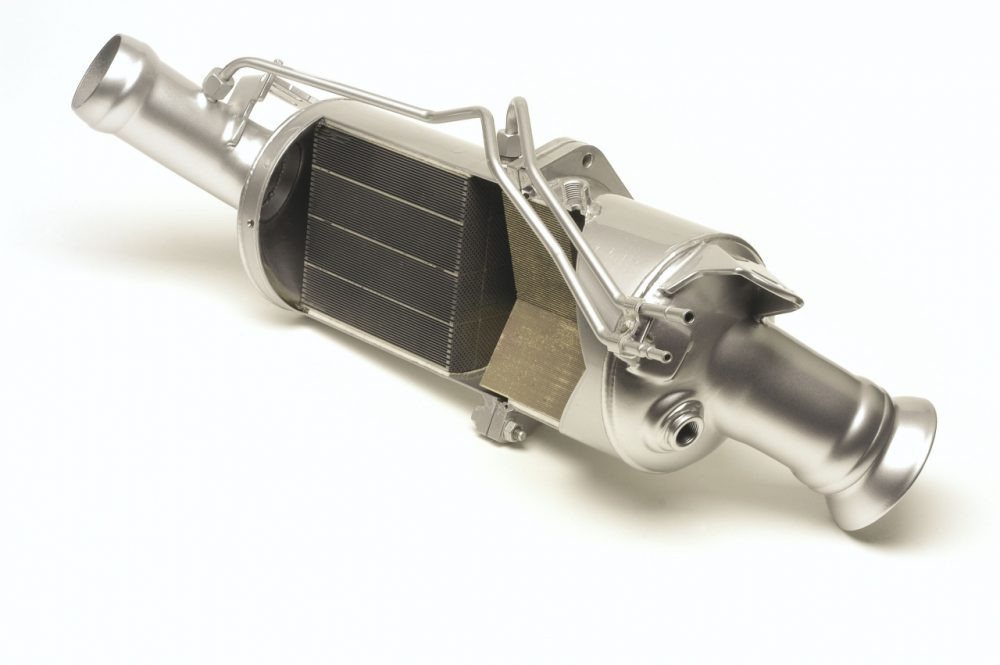Genie Performance Exhausts P/L understands the importance of safeguarding the privacy of visitors to the Legendex.com.au (Website). This website privacy statement explains how we collect personal information through this website, how we use and disclose that personal information and how you can contact us if you have any queries.
This website privacy statement does not apply to personal information collected by Genie Performance Exhausts P/L elsewhere, including other websites to which you may be linked from this Website. The terms of this website privacy statement are also subject to any specific provisions dealing with privacy that may be contained in the terms and conditions for particular offers, products and services made available through this website. For example, if you register information or purchase products on this website, the relevant terms and conditions may contain specific provisions about privacy and you should read these carefully.
Collection of personal information
We collect your personal information on this website only when you choose to provide it to us, for example, if you:
- enter your details to obtain information;
Some of the information that is collected during your visit to this website is not personal information, because it does not reveal your identity. For example, we may record your server address, domain name, the date and time of your visit to this site and the pages that you viewed. This information is used by us in anonymous, aggregated form only, for statistical and web site development purposes.
However, Genie Performance Exhausts P/L reserves its right to use or disclose this information to try to locate an individual if it reasonably believes that the individual may have engaged in any unlawful or inappropriate activity in connection with this website.
Cookies
A cookie is a small data file that a web site transfers to your internet browser for identification purposes. The cookies that we use do not identify you individually. Instead, they identify your internet browser.
We may use cookies to maintain session information about you when you log into our website, which enables us to personalise your current visit.
Most internet browsers are set to accept cookies. If you prefer not to receive them, you can adjust your browser to reject cookies, or to notify you when they are being used. There are also software products available that can manage cookies for you. Rejecting cookies can however limit the functionality of this website.
Use and disclosure of personal information
We will use the personal information that you have provided to us through the website for the purpose for which you provided it.
In addition, if you have not “opted out”, we will also use your details and to send you additional information about our products and services.
If you make a payment through the website, your personal information may also be collected on our behalf by, or disclosed to, our payment platform providers and financial institutions for the purpose of processing your payment, and may be transferred overseas for this purpose.
Links to third party websites
This website may contain links to other websites that are not operated by Genie Performance Exhausts P/L. Genie Performance Exhausts P/L is not responsible for the content of third party websites. Third party websites should have their own privacy collection statements, which users should read.
Amendments to this website privacy statement
We may amend this website privacy statement from time to time by placing an amended version on this website.

.jpg)




